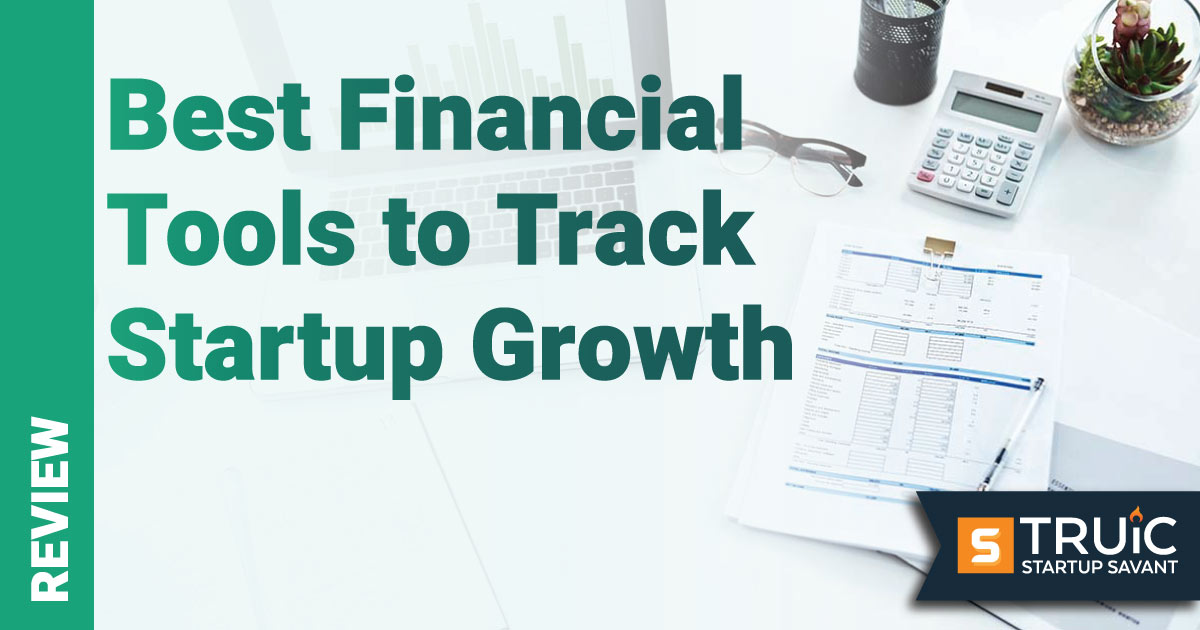Does Your Startup Need a CFO?

Last Updated: By Michaela Dale
Every founder faces critical decisions that can impact the future of their business. One of those decisions is whether or not to onboard a chief financial officer (CFO). This role — often viewed as a luxury of larger corporations — can be a game-changer for startups navigating the complexities of financial management, strategic investment, and growth planning.
So how do you know if your startup is at the stage where a CFO is not just helpful, but necessary? Let's dive into the intricacies of making this crucial decision.
Understanding the Role of a CFO
A CFO brings more than just financial oversight to a company. This executive is responsible for steering the startup toward financial health, guiding strategic investments, and ensuring every penny spent fuels growth. They're equipped with the expertise to manage cash flow, forecast financial challenges, and unlock opportunities for funding. In essence, a CFO translates the complex language of numbers into strategic roadmaps for the future.
Signs You Might Need a CFO
While most companies can benefit from expert financial guidance, it is important to hire CFOs — or any leadership role — at the right time for your business. If you aren’t sure if your startup needs a CFO, here are some of the most common signs or circumstances that could signal your company is ready to hire for this role.
1. Rapid Growth and Scaling Challenges
Startups experiencing rapid growth often find themselves in uncharted financial territories. With growth comes the need for sophisticated financial strategies that ensure sustainability. If your startup's growth trajectory is outpacing your ability to manage its finances, that's a sign you might need a CFO.
2. Increasing Complexity of Financial Operations
As your startup expands, so does the complexity of its financial operations. This includes everything from managing more sophisticated accounting and tax obligations to navigating regulatory requirements. A CFO possesses the expertise to manage these complexities, ensuring your startup remains compliant and financially sound.
3. Advanced Financial Planning and Strategy Is Required
Scaling a startup isn't just about managing what's happening today, but planning for tomorrow. A CFO is crucial for advanced financial planning, including long-term budgeting, cash flow forecasting, and identifying investment opportunities. Their strategic vision helps ensure your startup's long-term success.
4. Preparing for Fundraising, an IPO, or an Acquisition
If your startup is considering major financial milestones like fundraising, going public via an initial public offering (IPO), or being acquired, having a CFO is indispensable. They play a critical role in preparing financial statements, optimizing company valuation, and negotiating with potential investors or buyers.
The Cost of Hiring a CFO
Investing in a CFO is a significant financial decision. Understanding the potential costs and returns is crucial before you begin your search for the right candidate.
Hiring a CFO for your startup requires a significant financial commitment that varies widely based on the size of your company, the industry in which you operate, and the specific expertise the CFO brings to the table. Typically, the compensation package for a CFO includes a base salary, which can easily reach into the six-figure range, along with potential bonuses, stock options, and benefits.
It's essential, however, to look beyond the immediate cost and consider the potential return on investment (ROI) a skilled CFO can bring. A CFO doesn't just manage your company's finances; they support strategies for growth, optimize cash flow, and can save your company money by identifying inefficiencies and negotiating better terms with vendors and customers.
Moreover, their expertise becomes vital as your startup prepares for significant events like fundraising, an IPO, or acquisition talks. They not only help in maximizing the company's valuation, but also in securing favorable terms during negotiations — directly impacting your startup's success and profitability.
How to Find the Right CFO for Your Startup
Finding the right CFO for your startup is a nuanced process that requires careful consideration of several factors. These are the steps you should take to ensure you’re selecting the right CFO for your startup.
1. Look at Their Qualifications
The ideal CFO candidate should have a solid foundation in finance, accounting, and, possibly business law — often demonstrated through professional certifications like a certified public accountant (CPA) or a chartered financial analyst (CFA) or a master’s of business administration (MBA) from a reputable institution. These qualifications are essential for understanding the complex financial landscape and making informed decisions that will guide your startup's strategic direction and financial health.
2. Determine if They Have Industry Experience
Industry-specific experience is highly valuable for a CFO in a startup environment. A candidate who has worked in your startup’s sector understands the unique financial challenges and opportunities your business may face. This experience can provide insights into efficient financial management, regulatory compliance, and strategic planning tailored to your industry's nuances.
3. Ensure They Fit Your Company Culture
Cultural fit is crucial when hiring any senior-level executive — especially a CFO. This person should not only align with your startup's core values and mission, but also mesh well with the existing team. They must be capable of communicating complex financial information in a way that is understandable to non-financial team members, fostering a culture of transparency and collaboration.
4. Leverage Your Network
Utilizing your professional network can lead to personal referrals and recommendations — often leading to candidates who are a good fit for your startup's unique needs. Additionally, consider the value of engaging a professional recruiting firm that specializes in C-level placements. These firms can access a wider pool of qualified candidates and have the expertise to identify individuals who not only meet the job requirements, but also align with your company's culture and vision.
Alternatives to Hiring a CFO
Not every startup ready for a CFO-level contribution can immediately proceed with a full-time hire. If you’re not sure if hiring a CFO is the right choice for your business at the moment, here are some alternatives to consider:
- Part-Time or Fractional CFOs: Many experienced finance professionals offer their expertise on a part-time basis, providing strategic advice without the full-time price tag.
- Financial Consultants: For specific projects or periods of transition, a consultant can offer the necessary financial guidance and strategy.
- Outsourced CFO Services: Several firms offer outsourced CFO services, giving startups access to top-tier financial expertise on an as-needed basis.
- Financial Management Software: Advanced software can automate and streamline many financial processes, buying time until a full-time CFO becomes necessary.
Conclusion
Bringing a CFO on board is a significant step for any startup. It signifies a readiness to elevate your financial strategy, navigate complex fiscal waters, and position your company for substantial growth or significant financial events. By carefully assessing your current and future needs against these detailed considerations, you can make an informed decision on when and how to integrate a CFO into your leadership team. This strategic move can be the catalyst that propels your startup to new heights, ensuring financial health, strategic agility, and long-term success.


